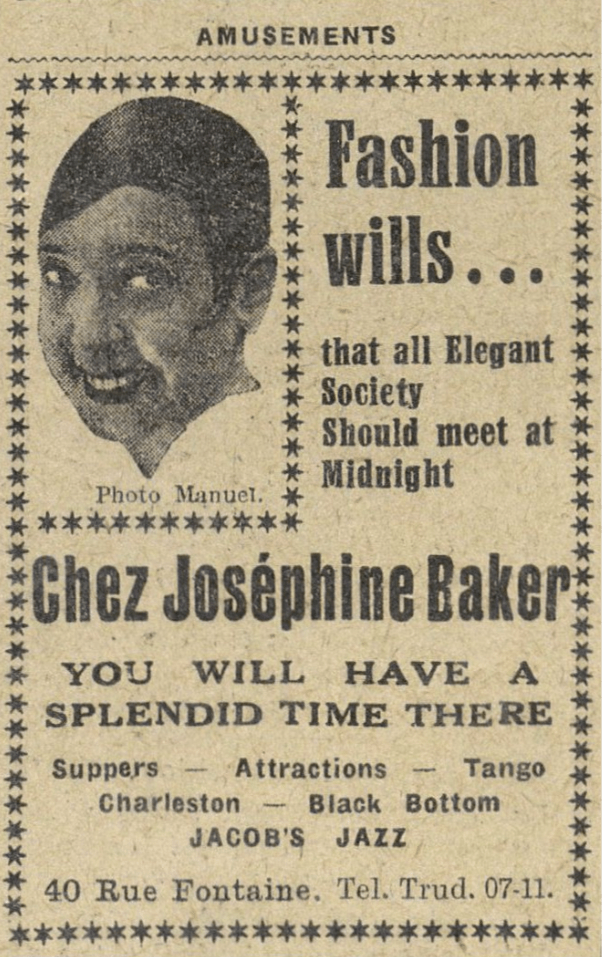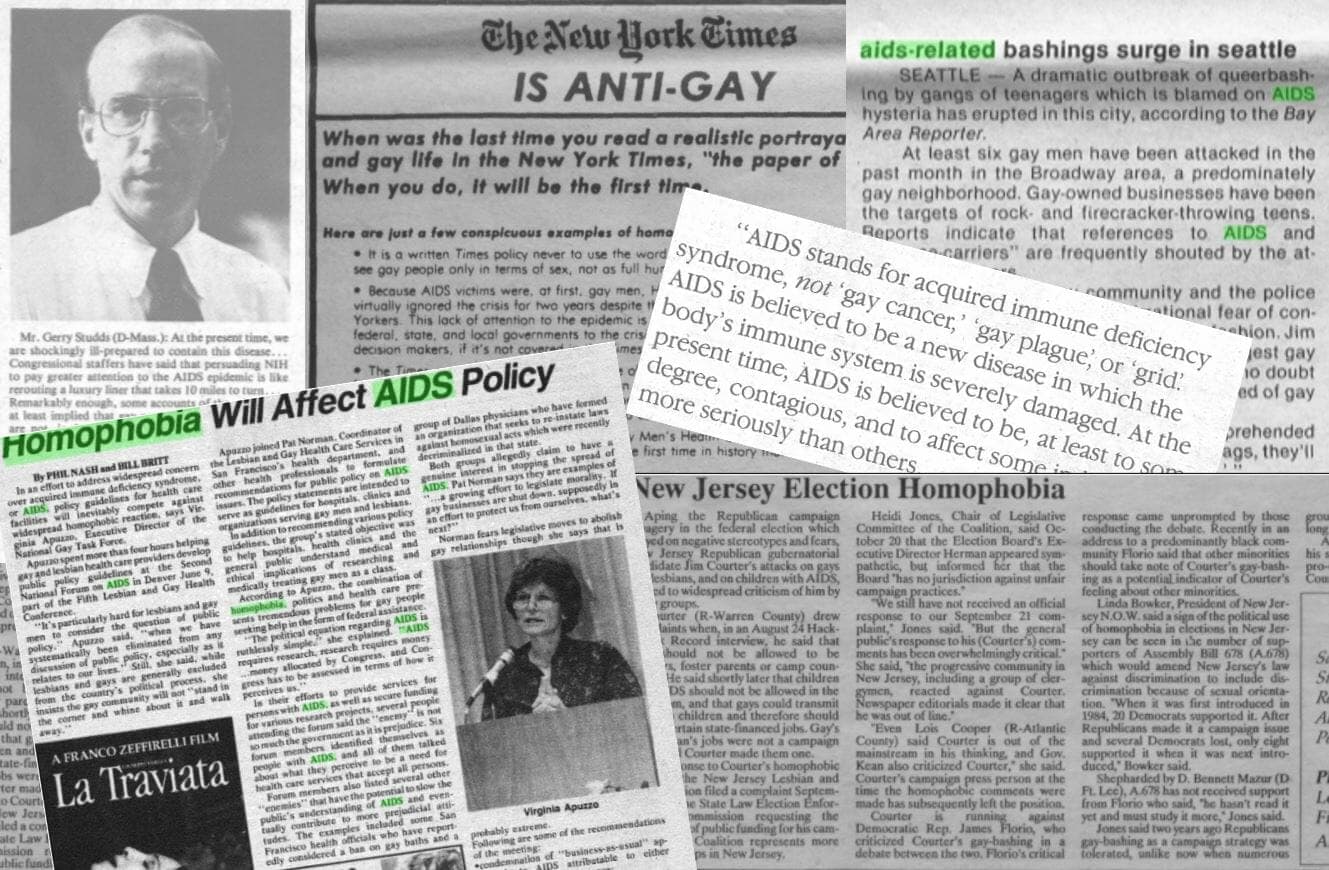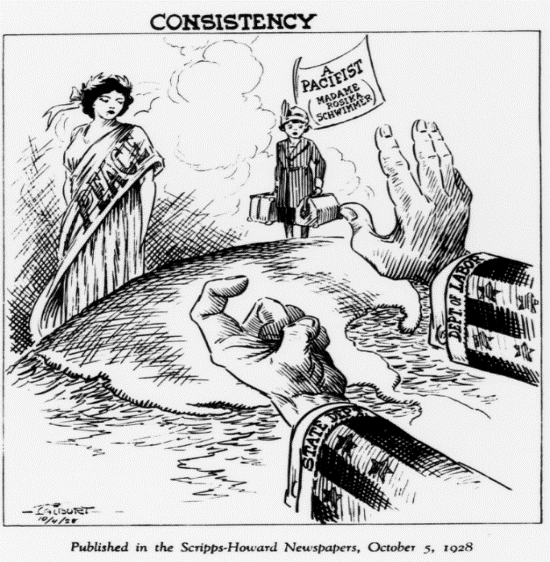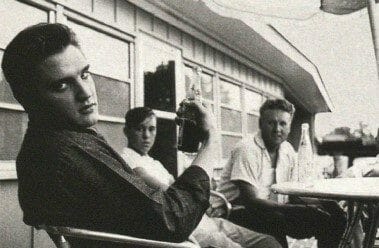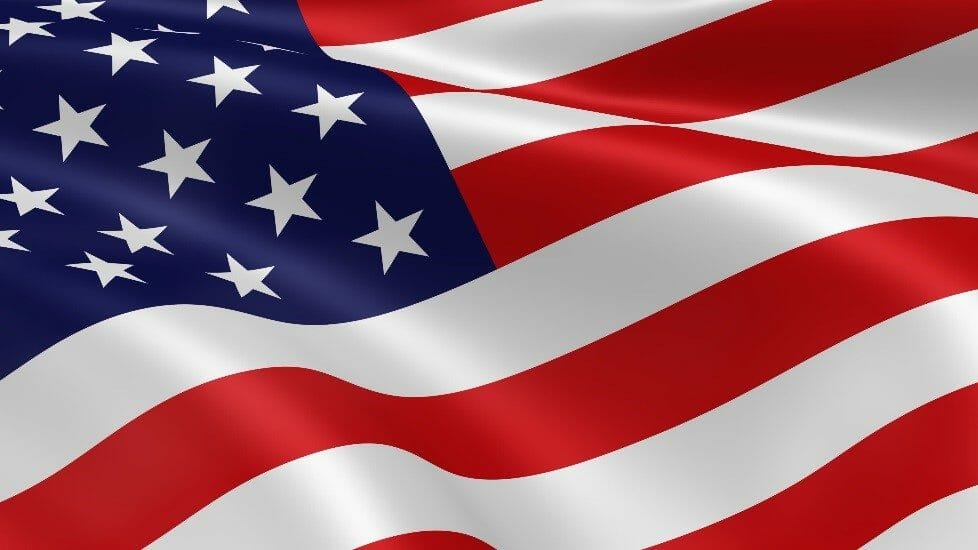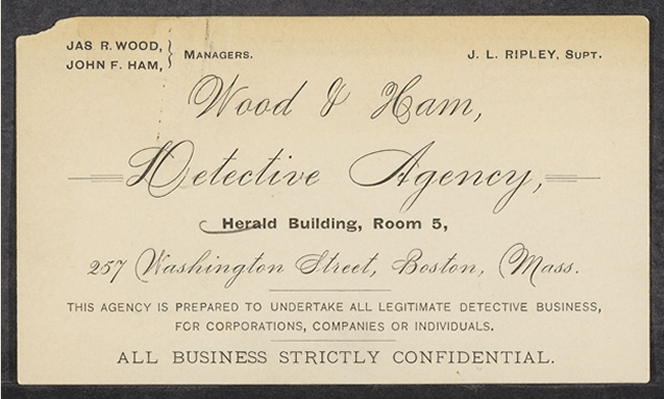│ By Megan Bowler, Gale Ambassador at the University of Liverpool │
America – a country of tradition, devout patriotism, sport fanatics and Chick-fil-a. Like Thanksgiving, 4th July, the Superbowl or Maryland’s infamous Turkey Trot, summer camps are arguably an integral part of American culture. This summer, bright-eyed and enthusiastic, I hopped on a plane and travelled a little under four thousand miles across the Atlantic Ocean to YMCA Camp Letts to enjoy my own summer camp experience. Interested in exploring the history of this cultural phenomenon, and the way in which it has been conceived by others, I used Gale’s primary source archives and found personal narratives printed in twentieth-century newspapers in which the authors reminisce about summer camps. Camp counselling is a truly rewarding role; one that has been fulfilled and enjoyed by many likeminded young adults for decades. With these documents, I have been able to plot trends and identify similarities between my recent summer experience and the memories of those who were camp counsellors over fifty years before me, tracing the continuities and shared experiences of this uniquely-American tradition – one of which I now feel a part.


